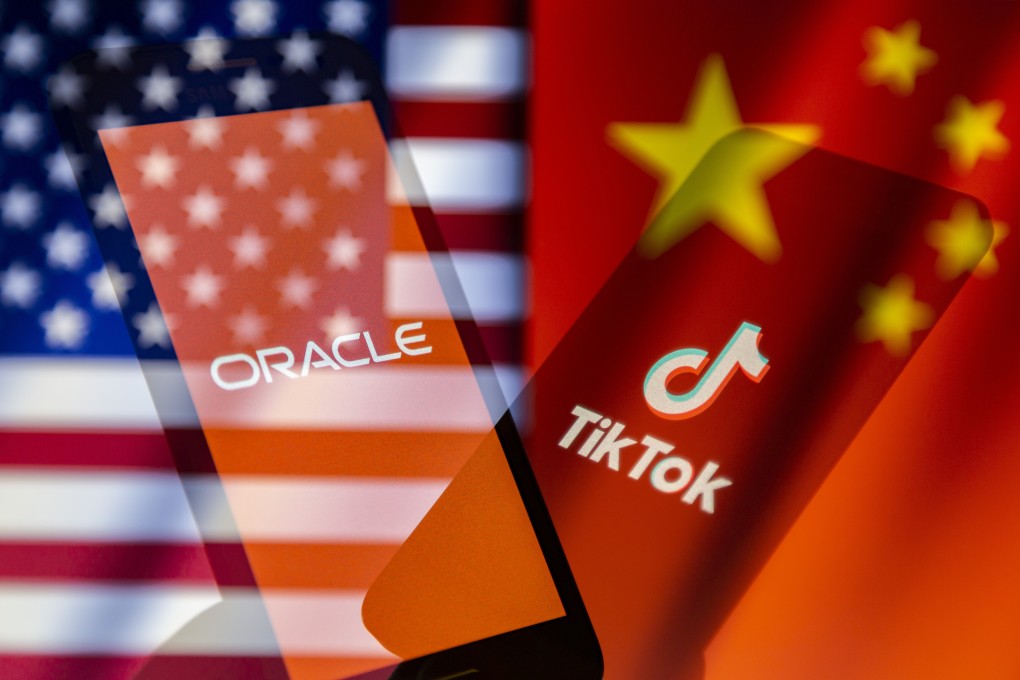US adds further restrictions on WeChat and TikTok ahead of deadline for ByteDance to complete Oracle deal
- Even if the Trump administration clears the proposed deal between Oracle and ByteDance, Chinese authorities will still have to approve it
- Granting Oracle access to TikTok’s source code may constitute a cross-border technology transfer under China’s new tech export rules, one expert says

The US on Friday declared a sweeping ban on downloads of the Chinese-owned mobile applications TikTok and WeChat, effective from Sunday. But it appeared to give room for social media platform Tiktok to still negotiate the deal with American tech giant Oracle that it was in the midst of finalising.
In making the announcement, the US Department of Commerce said the distribution of TikTok and WeChat, as well as any updates and related code through US mobile app stores, will be banned. All transfer of funds through WeChat – a key component of the app – will also be prohibited. The Trump administration says the companies threaten national security and could pass user data to China, which the Chinese government and both companies deny.
Starting from Sunday, offering internet hosting, content delivery networks, internet transit or peering service to WeChat, or using the app’s code in other software or services will no longer be allowed.
A total ban on the use of TikTok will follow on November 12, but Commerce Secretary Wilbur Ross told Fox Business Network on Friday that access to that app may be possible if certain safeguards are put into place.

01:46
Oracle reaches deal to become TikTok’s ‘technology partner’, after Microsoft offer is rejected
“At the president’s direction, we have taken significant action to combat China’s malicious collection of American citizens’ personal data, while promoting our national values, democratic rules-based norms, and aggressive enforcement of US laws and regulations,” Ross said in a prepared statement.
ByteDance and Tencent did not immediately respond to a request for comment.